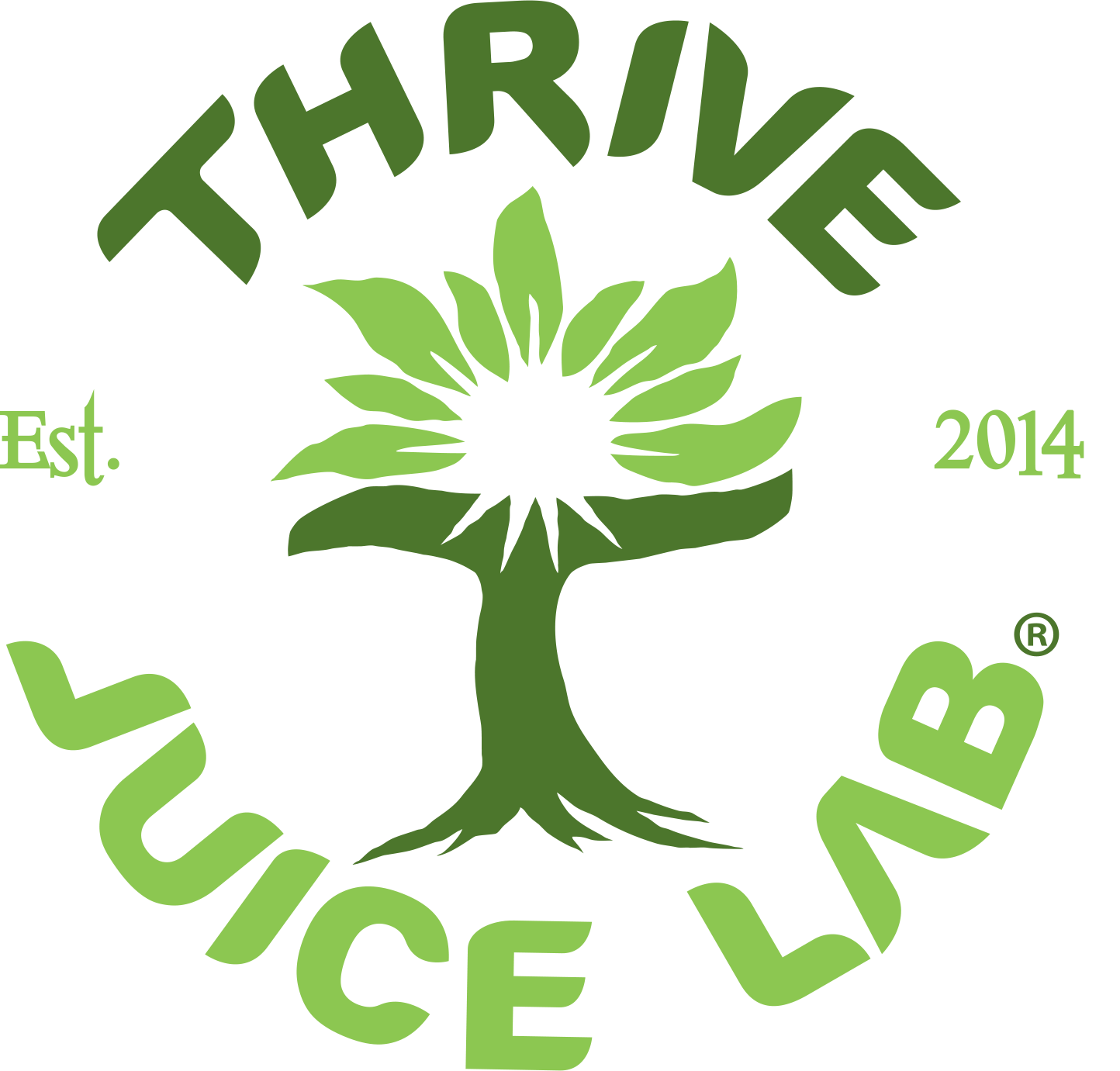Ten Reasons to Choose Organic
1. Avoid chemicals
Eating organically grown foods is the only way to avoid the cocktail of chemical poisons present in commercially grown food. More than 600 active chemicals are registered for agricultural use in America. The average application equates to about 16 pounds of chemical pesticides per person every year. Many of these chemicals were approved by the Environmental Protection Agency (EPA) before extensive diet testing. Almost one billion pounds of chemicals are intentionally introduced to the food supply each year! The National Academy of Sciences reports that 90% of the chemicals applied to foods have not been tested for long-term health effects before being deemed "safe."
2. Benefit from more nutrients
Organically grown foods have more nutrients—vitamins, minerals, enzymes, and micronutrients—than commercially grown foods because the soil is managed and nourished with sustainable practices by responsible standards.Numerous studies have verified that five servings of organically grown vegetables (such as lettuce, spinach, carrots, potatoes, and cabbage) provide an adequate allowance of vitamin C, whereas the same number of servings of conventionally grown vegetables do not. On average, organically grown foods provide: 21.1% more iron (than their conventional counterparts); 27% more vitamin C; 29.3% more magnesium; 13.6% more phosphorus. Phytochemicals such as antioxidants, vitamins, minerals, and enzymes can be lost during the processing and transport of conventionally grown crops.
3. Enjoy better taste
Try it! Organically grown foods generally taste better because the nourished, well-balanced soil produces healthy, and strong plants. This is especially true with heirloom varieties, which are cultivated for taste over appearance.
4. Avoid GMO
Genetically engineered (GE) food and genetically modified organisms (GMO) are contaminating our food supply at an alarming rate, with repercussions beyond understanding. GMO foods do not have to be labeled in America. Because organically grown food cannot be genetically modified in any way, choosing organic is the only way to be sure that foods that have been genetically engineered stay out of your diet.
5. Animal welfare
Animal welfare is a crucial and integral part of organic standards. The benefits of the organic approach are acknowledged by animal welfare organizations such as Compassion in World Farming. Research has shown that organic farming is better for wildlife, creates less pollution from sprays and produces less of the global warming gas carbon dioxide.
6.Preserve our ecosystems
Organic farming supports eco-sustainability, or farming in harmony with nature. Preservation of soil and crop rotation keep farmland healthy, and chemical abstinence preserves the ecosystem. Wildlife, insects, frogs, birds, and soil organisms are able to play their roles in the tapestry of ecology, and we are able to play ours, without interference or compromise.
7. Reduce pollution and protect water and soil
Agricultural chemicals, pesticides, and fertilizers are contaminating our environment, poisoning our precious water supplies, and destroying the value of fertile farmland. Certified organic standards do not permit the use of toxic chemicals in farming and require responsible management of healthy soil and biodiversity.
8. Preserve agricultural diversity
The rampant loss of species occurring today is a major environmental concern. It is estimated that 75% of the genetic diversity of agricultural crops has been lost in the last century. Many organic farms grow an assorted range of food, taking natural elements and time-tested tradition into account. Diversity is critical to survival.
9. Support local farming & the local economy
Buying local organic food is an investment in a cost-effective future as commercial and conventional farming is heavily subsidized with tax dollars in America. Smaller farming operations are seeing tremendous economical growth providing tens of thousands of new jobs. Organic farmers also face less initial overall costs. There are many detrimental associated costs such as health problems, environmental damage, and the loss and extinction of wildlife and ecology.
10. Keep our children and future safe
Putting our money where our mouths are is a powerful position to take in the $1 trillion food industry market in America. Spending dollars in the organic sector is a direct vote for a sustainable future for the many generations to come.
These Statements have not been evaluated by the Food and Drug Administration. These products are not intended to diagnose, treat, cure or prevent any disease.


